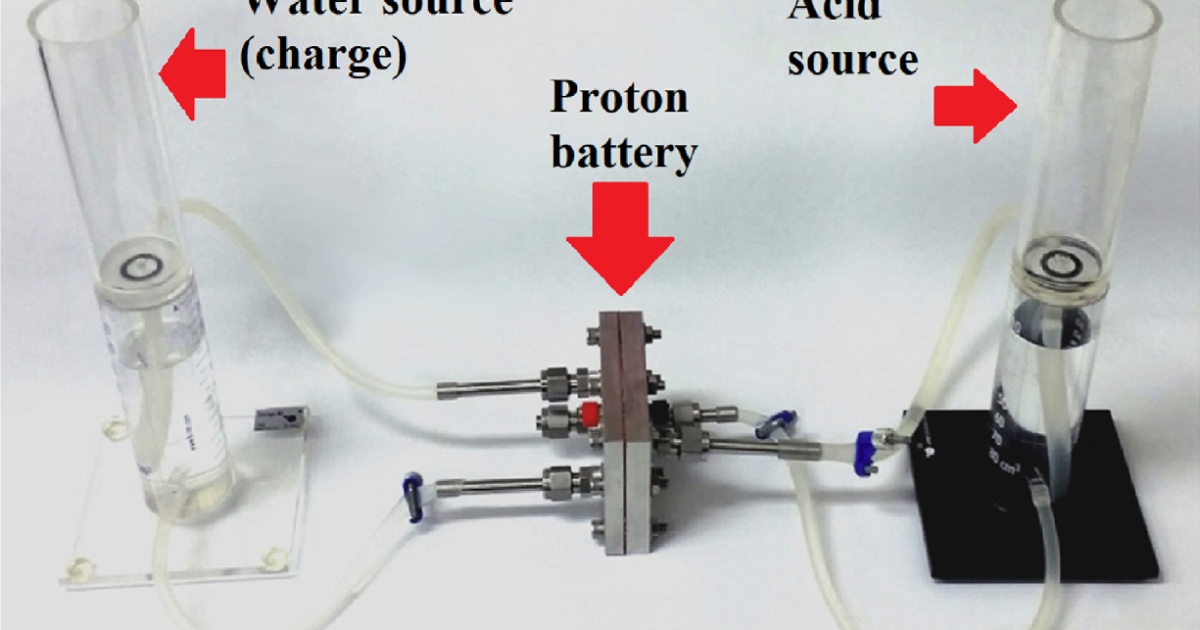edit I am an idiot, who uploaded the image link as the URL. The original source should now be accessible
RMIT engineers say they’ve tripled the energy density of cheap, rechargeable, recyclable proton flow batteries, which can now challenge commercially available lithium-ion batteries for capacity with a specific energy density of 245 Wh/kg.



Is the infrastructure relevant though? As I understand it, the battery is charged by splitting water (H2O) into Oxygen and Hydrogen atoms (instead of H2 molecules, hence the name proton battery) and instead of compressing and cooling it, having a solid structure in which to store the protons. When drawing energy from the battery the opposite process takes place. So basically it is both an electrolyser when charging and a classic fuel cell when discharging with the storage of hydrogen (protons) being integrated in the same battery through a porous solid (mainly carbon). To quote from the article: >It looks like more of a battery competitor than a fuel cell competitor, though.
Next to the advantages they cite (energy and power density, abundant and environmentally unproblematic materials, recyclability, not explosive) I do wonder about the density in terms of volume. If they are bigger in size, they could constitute a better solution for big energy storages within the grid or at home, where now many are using lithium ion batteries.